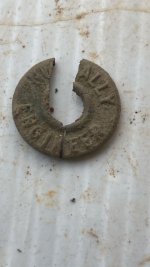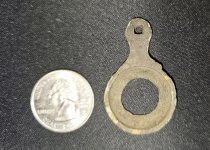mofugly13
Full Member
One day, I would like to buy a spot of land in gold country. How would I know if mineral rights come with the property? If mineral rights are not conveyed with the property, how does someone go about finding out who owns the rights and what could be done about getting them?
Upvote
0







